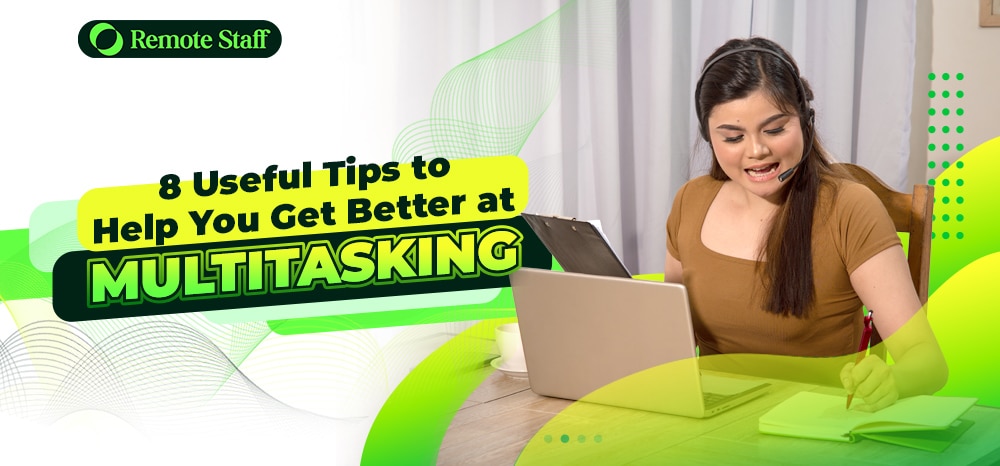One particular soft skill that’s invaluable in many industries today is the ability to multitask. Multitasking is essentially the ability to do two or more tasks simultaneously.
Although many see multitasking as a great way to increase your productivity, it does have some downsides.
First, it causes you to split your focus towards multiple things, decreasing accuracy by inevitably leading to errors. Additionally, multitasking makes it difficult to know which tasks to prioritize and increase your chances of experiencing burnout.
To avoid experiencing these downsides of multitasking, you must train yourself to multitask appropriately.
Here are some tips on how to get better at multitasking.
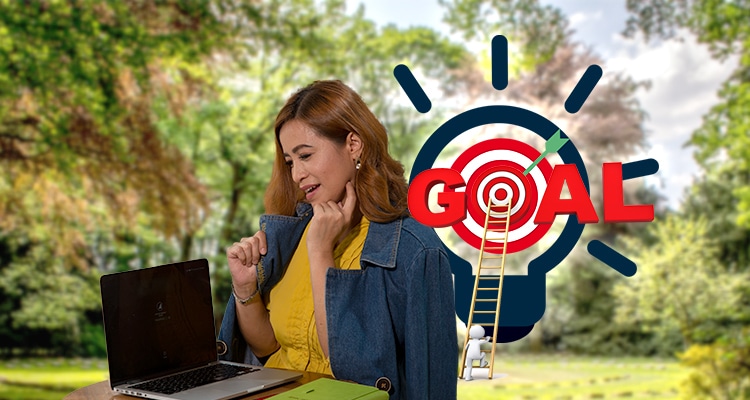
Set Realistic Goals for Yourself.
The first thing you must do to get better at multitasking is to acknowledge you’re just human. This means that no matter how skilled you are, you have limits. Even AI like Chat GPT has limits, so why shouldn’t you?
So instead of feeling dejected when you can’t clear a gargantuan workload in one go, why not set more realistic goals for yourself? This way, you can balance your desire to finish many tasks while giving yourself time to rest.
In addition, setting realistic goals also boosts your self-confidence. These small wins help motivate you to do better at work and be more productive.
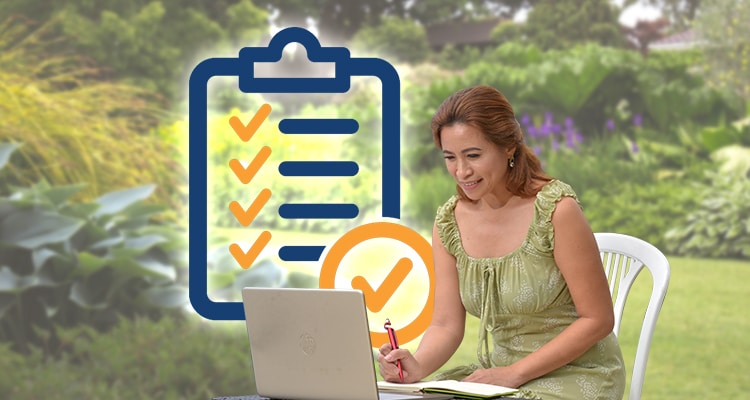
Make a To-do List.
If you’re doing several tasks all at the same time, a to-do list is a must. This helps keep track of your assignments throughout the day.
Organizing your tasks is a vital skill if you want to get better at multitasking. It helps you focus and prevents things from falling through the cracks.
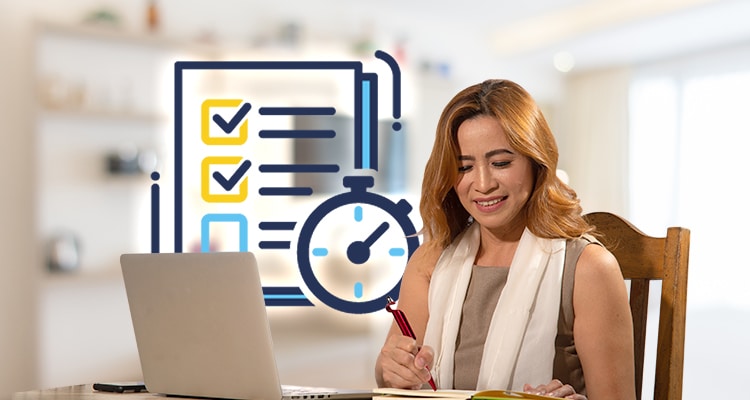
Prioritize Your Tasks.
A critical part of building your to-do list is identifying which tasks to focus on. Doing so ensures that you’ll be able to give attention to the assignments that need it most. This helps solve one of the main downsides of multitasking: the inability to prioritize.
One method you can use to help you determine which tasks you should prioritize is the Eisenhower Matrix. Here, you divide your tasks into four, depending on how urgent or important they are. These are:
- Important and Urgent: Vital tasks you need to focus on now.
- Important but not Urgent: Tasks that are vital but can be postponed.
- Not Important but Urgent: Tasks you need to do now, but are not that vital.
- Not Important and Not Urgent: Tasks that are neither urgent nor vital.
Doing this gives you a clear picture of what tasks you need to do now, which ones you can schedule for later, which ones you can delegate to others, and which ones you can do without.
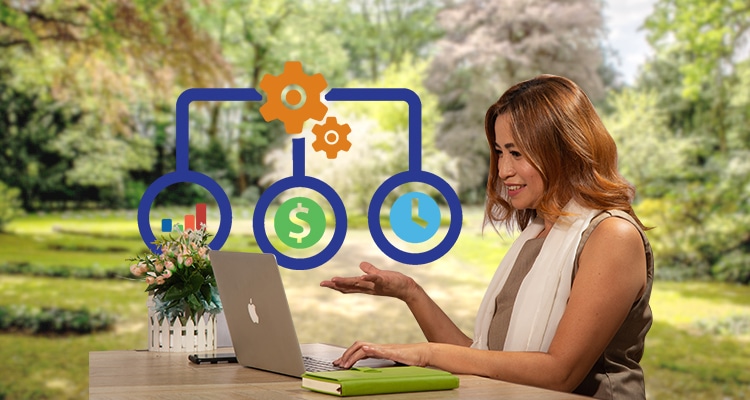
Group Similar Tasks Together.
To make multi-tasking easier, you should group tasks related to one another. This increases your efficiency and makes it easier to shift your focus from one assignment to another.
For example, if you’re tasked to research different topics this week, why not group them together and look them all up at once?
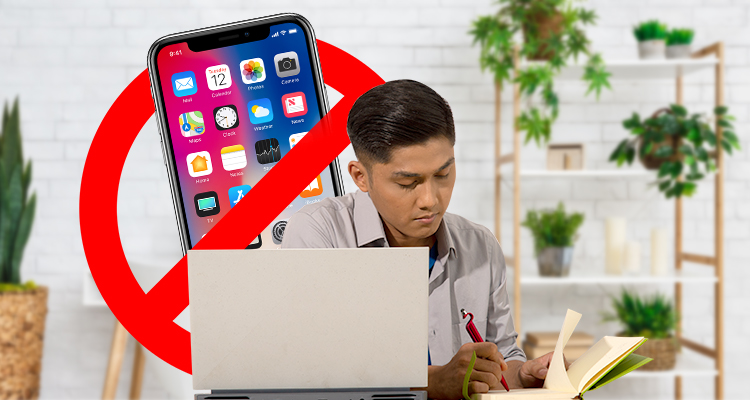
Avoid Distractions.
Another thing to remember to get better at multitasking is to limit your distractions.
However, this can be challenging to do in a remote setup. Thus, establish your workplace in a separate room if you can and notify your family members of your work schedule so they don’t barge in at inappropriate times.
In addition, try to turn off your phones so you won’t be tempted to browse social media at work.
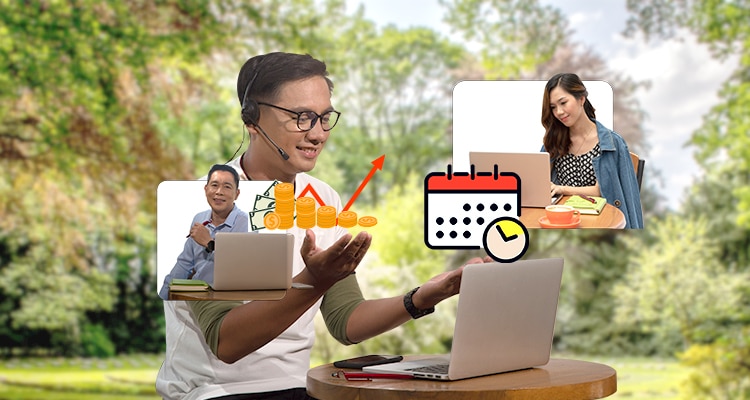
Don’t Be Afraid to Delegate Your Tasks.
Delegating an assignment to one of your subordinates frees you to do more pressing tasks.
If you’re just a regular employee, you can ask your boss if they can delegate your less urgent tasks to your less busy co-workers.
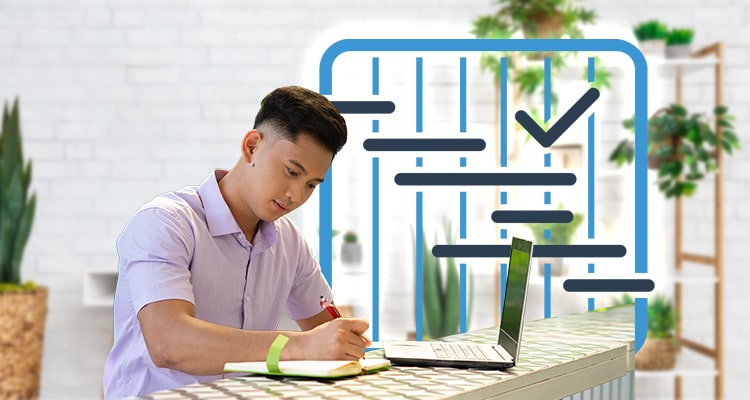
Find a Pace That Works For You.
With so many tasks to accomplish, we often mistake rushing through them as being efficient.
However, if we do this, we risk making mistakes that could jeopardize the quality of our work. When this happens, we’ll have to spend more time fixing or re-doing things.
To avoid this, find your ideal pace: one you’ll be comfortable with, but still allows you to produce quality work on time.
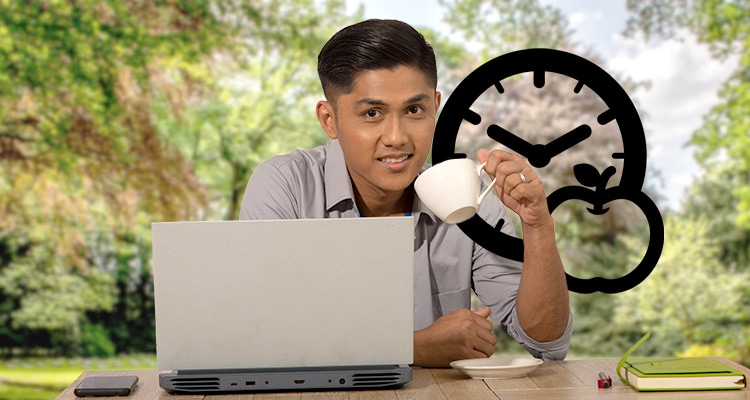
Don’t Forget to Take Breaks.
Working multiple tasks at the same time is exhausting. When you feel your work is slackening due to fatigue, take your eyes off your computer/laptop and take a short break.
Taking a short break helps you regain strength and clarity. Who knows, maybe you’ll be able to find a solution to a problem you’re currently stuck with after a quick meal or nap?

Helping You Do More With Less.
People often mistake multitasking for doing every task they have simultaneously and finishing them as quickly as possible. However, doing so will only cause you to mess up more and burn out quicker.
Instead, strike a balance between doing many tasks simultaneously and finding time to rest. By following the points mentioned above, you’ll have an easier time to get better at multitasking.
And if you mess up doing this the first time, don’t fret. Like any skill, multitasking takes a while to learn.
However, if you’re still looking for online jobs, Remote Staff is here to help. Our jobs list has a wide range of positions available for you to choose from, so you’ll never run out of options.
Good luck!

